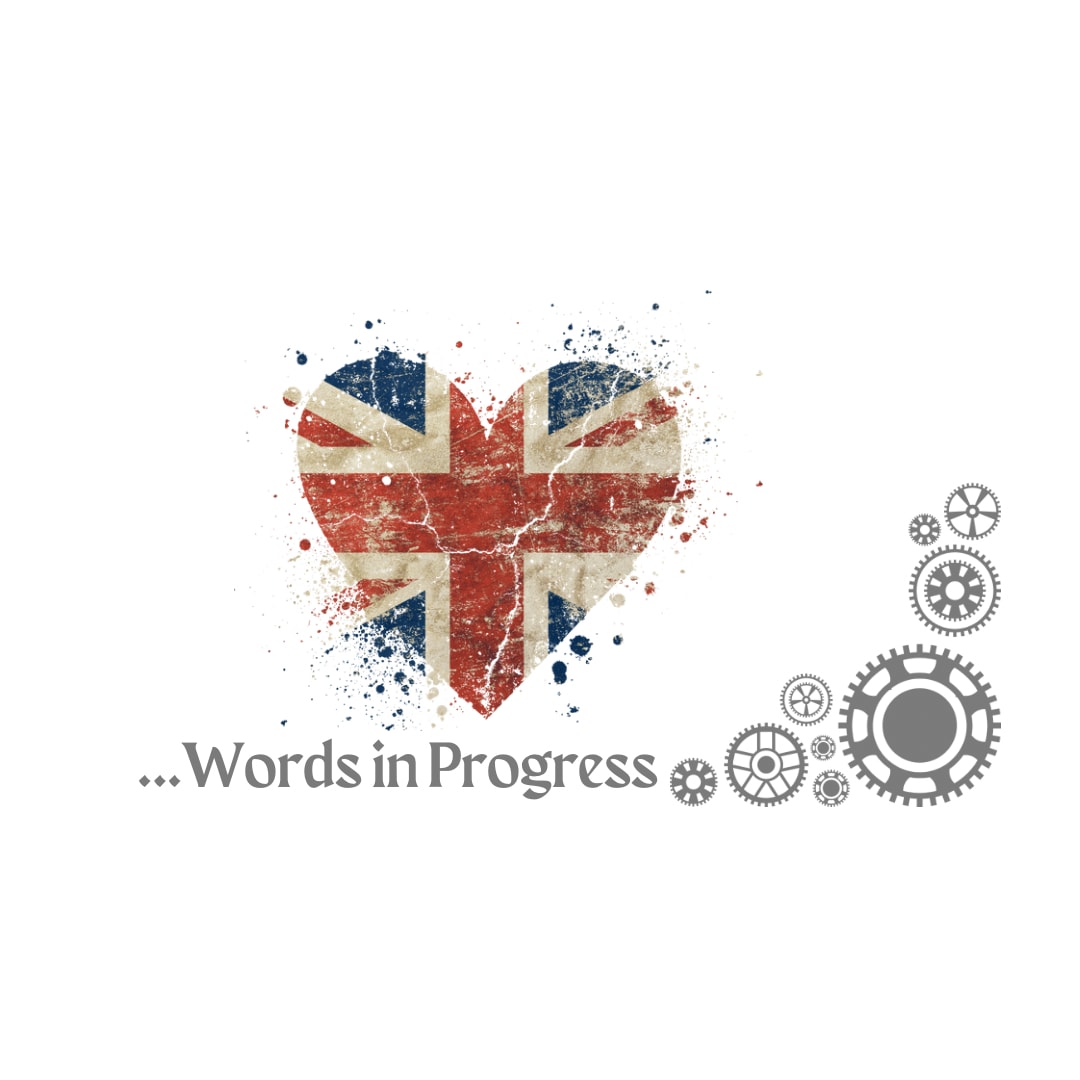Our Blighty
As a person of faith, I’ve come to understand that we’re all fighting for the same Truth, and seem to be branching out into different paths.
We’re then claiming that our path is the correct one - fighting to be the first, the only.
It’s a difficult world to live in where so many different voices claim this space of Truth that I end up resorting to reading Carl Sagan’s words in Pale Blue Dot quite often.
We’re such a small speck in the vast array of the infinite, that one has to wonder why being first matters so much.
Language seems to have a similar trajectory.
Certain languages, like the one I am currently writing in, seem to have held the space on this pedestal all over the world for ages.
English speaking meant ‘educated’ in many societal nooks and crannies of the world.
As someone who speaks more than English, it’s always been fascinating to watch.
I do understand (and agree) that people living in this country, our Blighty, need to have a common language as a matter of necessity.
English is important for us to have this commonality; this unity.
And it’s an important factor to step foot into this country too.
But the more I look at the life of words, the more I realise how English is also just one part of the big jigsaw that makes the world what it is.
The immigration debate these days looks a little more different to me because I started looking at the words we use daily.
It is necessary to realise and give space to understanding that there is a fear that a culture will be lost if things like our common language isn’t given more importance than the languages beyond our sovereign border.
Unfortunately, these fears are met with accusations of ‘racism’ and ‘xenophobia’.
Not only does this invalidate a genuine fear, but it has shown to have an adverse effect because the frustration has only increased.
Shutting down dialogue is not the way to deal with people’s concerns.
So it’s important to keep channels of communication open.
People are worried they’ll be left behind for those who haven’t been here as long.
But when you get into the specifics you do ask yourself how far back we are going when we assess this because the world has, by default, continued to move.
How can we sustain a stagnant identity when the whole world is moving?
Words, as I mentioned before, have a similar concept of movement.
Words are immigrants.
They’ve evolved and migrated as much as people have.
When we consider our beloved word Blighty to refer to Britain, it is no different.
‘Blighty’ has been used as an affectionate slang term to describe Great Britain, and specifically England.
It traces itself back to the Boer War, but became a more widespread term used during World War I.
When we look at its etymology, it can actually be attested to India as far back as 1896 as an alteration of the Hindi word ‘bilayat’, which is from the Arabic ‘wilāyat’ meaning ‘a kingdom’ or ‘a province’ specifically referring to Europe.
The regional variant ‘bilāyatī’ became ‘Blighty’ in English to mean ‘Britain, England, home’.
A ‘blighty wound’ was a wound severe enough to enable a soldier to return home to Britain.
Hobson-Jobson, the 1886 dictionary that described Anglo-Indian words, spoke about the ‘bilāyatī baingan’ (or ‘foreign aubergine’) in Hindi, which was historically used to describe the tomato. However, the introduction of the tomato in India goes further back to the 16th Century when it was introduced by the Portuguese.
We also see reference to ‘bilāyatī pānī’ in this historical dictionary, meaning ‘European water’ (or soda water) which was introduced by the British during the late 1800s.
The affection for the word ‘Blighty’ needs no explanation.
Blighty is home.
Blighty evokes the image of the British flag, and a sense of wartime pride.
Blighty is Britain.
But the reality is that the word is also an immigrant.
It has its roots from beyond our sovereign border - in the depths of Hindi and Arabic.
A regional explanation to describe Europe, from the eyes of Indians, has become our way to affectionately appreciate this great nation.
And this just proves why a stagnant identity is somewhat futile.
I get we need to preserve the culture - our institutions, the sense of a high trust society.
We need to fight for this common language as a form of creating and sustaining unity.
But not without understanding where words within it came from.
And what it took to get them here.





